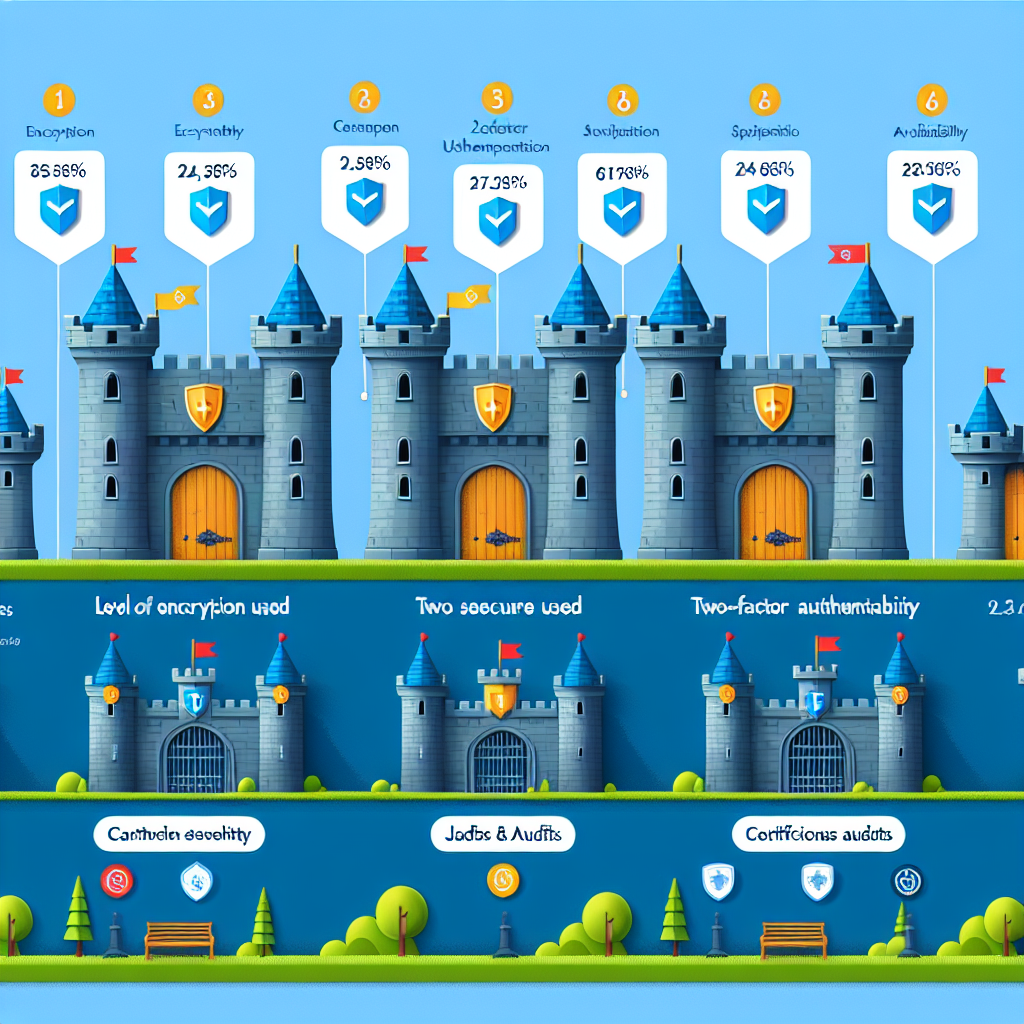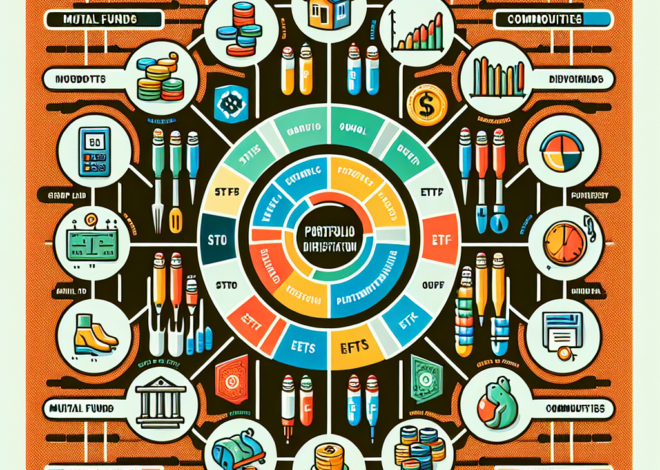
Comparing Security Features of Popular Online Trading Platforms
Introduction
In the era of digital transactions, the security of trading platforms has become a crucial element in the financial sector. As online trading continues to grow in popularity, the safety of user data and financial assets is a top priority for both traders and platform providers. This article aims to compare the security features of various trading platforms, shedding light on their strengths and weaknesses.
Understanding Trading Platform Security
Before diving into the comparison, it is essential to understand what trading platform security entails. This involves several aspects, including data encryption, two-factor authentication (2FA), regulatory compliance, and security protocols against cyber threats.
Data Encryption
Data encryption transforms the user’s sensitive information into code to prevent unauthorized access. This is a standard security feature in most trading platforms.
Two-Factor Authentication (2FA)
2FA provides an extra layer of security by requiring users to verify their identity using two different methods. This could be a password and a unique code sent to their phone.
Regulatory Compliance
Trading platforms must comply with the laws and regulations set by financial authorities. This ensures the platform operates with integrity and transparency.
Security Protocols
These are measures taken to protect the platform against cyber threats such as hacking and phishing. They include firewalls, intrusion detection systems, and regular security audits.
Comparison of Trading Platform Security
Now, let’s compare the security features of some popular trading platforms.
eToro
eToro is renowned for its high-level security. It uses SSL encryption for data protection and offers 2FA for account access. eToro is also regulated by several authorities worldwide, including the Financial Conduct Authority (FCA) in the UK and the Cyprus Securities and Exchange Commission (CySEC).
TD Ameritrade
TD Ameritrade provides robust security features, including 256-bit SSL encryption and optional 2FA. It also uses firewalls and system-wide backups to protect against data loss. TD Ameritrade is regulated by the Financial Industry Regulatory Authority (FINRA), a US government agency.
Interactive Brokers
Interactive Brokers offers a Secure Login System (SLS) for an added layer of security. It also uses encryption for data protection and is regulated by several financial authorities, including the US Securities and Exchange Commission (SEC).
MetaTrader 4 (MT4)
MT4 is one of the most popular trading platforms globally and is known for its security features. It uses 128-bit encryption for data security and supports 2FA. However, the security of MT4 largely depends on the broker’s security measures, as MT4 is a platform provided to brokers.
Conclusion
In conclusion, while all these platforms offer robust security features, the level of security can vary. Traders should consider their individual security needs and choose a platform accordingly. Remember, the security of a trading platform is as crucial as its trading features. Always prioritize your safety when trading online.


